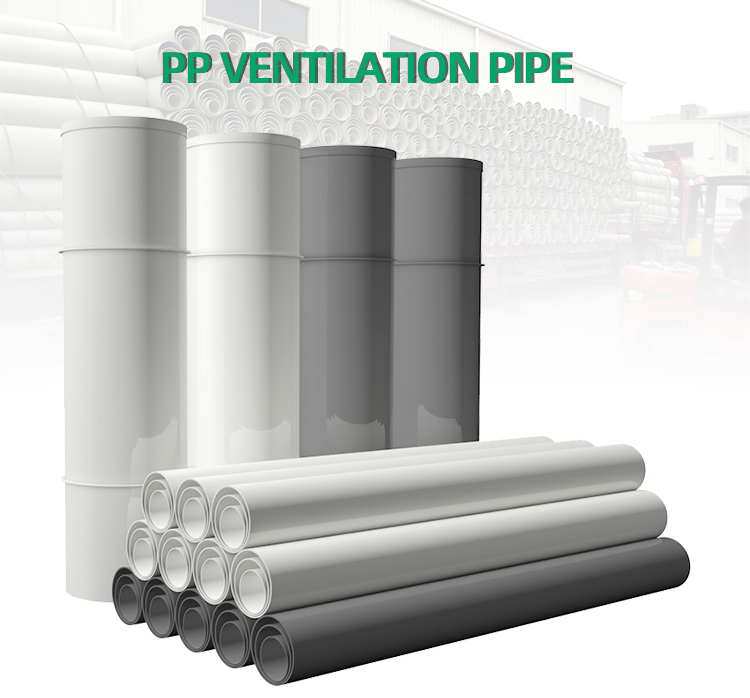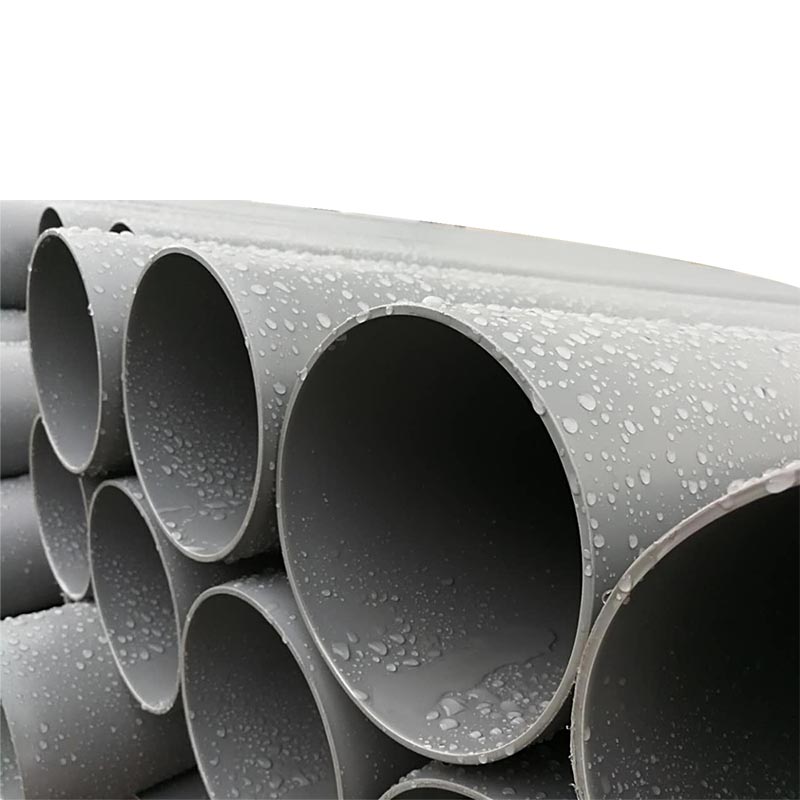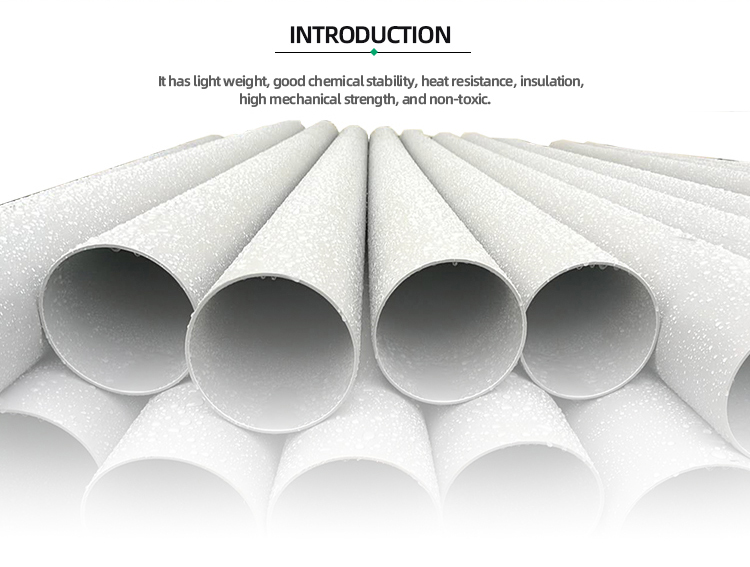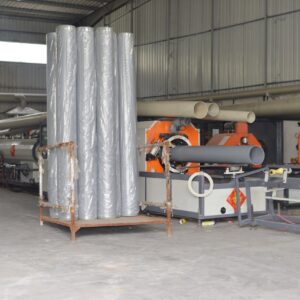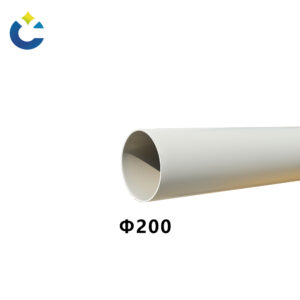Description
Polypropylene (PP) pipes are a type of plastic piping system made from polypropylene material. Polypropylene is a versatile thermoplastic polymer known for its excellent chemical resistance, high-temperature tolerance, and durability. PP pipes are widely used in various industries and applications due to their advantageous properties.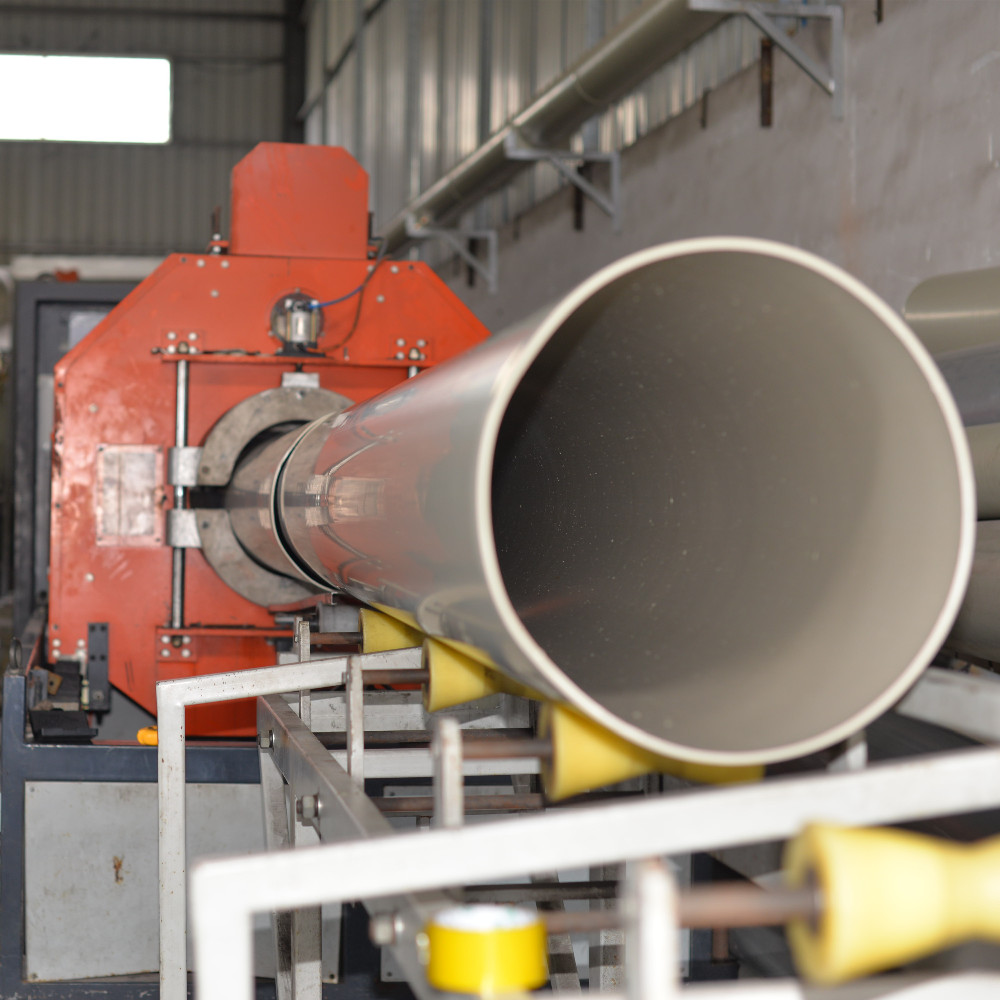
Here are some key features and applications of polypropylene pipes:
Features:
- Chemical Resistance: Polypropylene is highly resistant to a wide range of chemicals, making it suitable for conveying corrosive liquids or gases. This property is particularly valuable in industries such as chemical processing, water treatment, and laboratories.
- Temperature Resistance: PP pipes can handle moderate to high temperatures without deforming or degrading. This makes them suitable for applications where temperature fluctuations are common, such as industrial processes and hot water distribution.
- Lightweight: Polypropylene is a lightweight material, which makes handling, transportation, and installation of PP pipes easier compared to metal pipes. This is especially advantageous in plumbing and portable water systems.
- Corrosion Resistance: Unlike metal pipes, polypropylene pipes are not susceptible to rust or corrosion, even in aggressive environments. This property extends the lifespan of the pipes and reduces maintenance needs.
- Smooth Interior Surface: PP pipes typically have a smooth interior surface, which helps maintain good flow rates and prevents clogs. This property is useful in applications like sewage systems and drainage.
- Low Thermal Conductivity: Polypropylene has low thermal conductivity, which means it doesn’t transfer heat as readily as metal pipes. This can be beneficial in applications involving temperature-sensitive fluids.

Applications:
- Plumbing Systems: Polypropylene pipes are used for potable water distribution, wastewater disposal, and drainage systems in residential, commercial, and industrial buildings.
- Chemical Processing: Due to their chemical resistance, PP pipes are widely used for conveying a variety of chemicals, acids, alkalis, and corrosive substances in chemical processing plants.
- Industrial Processes: PP pipes are employed in various industrial processes, such as conveying process fluids, cooling water, and other liquids at different temperatures.
- Water Treatment: Polypropylene pipes are suitable for water treatment applications, including conveying chemicals for water purification and distribution of treated water.
- HVAC Systems: PP pipes can be used in heating, ventilation, and air conditioning systems for transporting fluids and air.
- Laboratory and Research: Their chemical resistance and non-reactive nature make PP pipes suitable for laboratory setups, where a variety of chemicals and solutions are used.
- Agricultural Irrigation: PP pipes can be used in irrigation systems to transport water and fertilizers to agricultural fields.
- Food and Beverage Industry: Food-grade PP pipes are used in the food and beverage industry for conveying liquids and materials.
When selecting polypropylene pipes for a specific application, factors such as pipe dimensions, pressure rating, temperature range, and chemical compatibility should be considered. It’s important to consult with experts or suppliers to ensure that the chosen PP pipes meet the requirements of the intended use.

